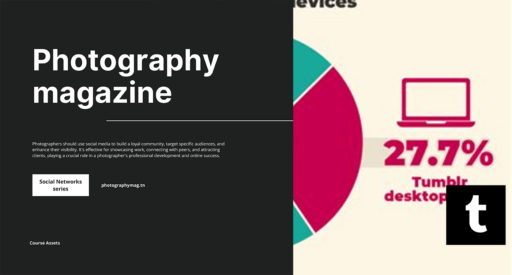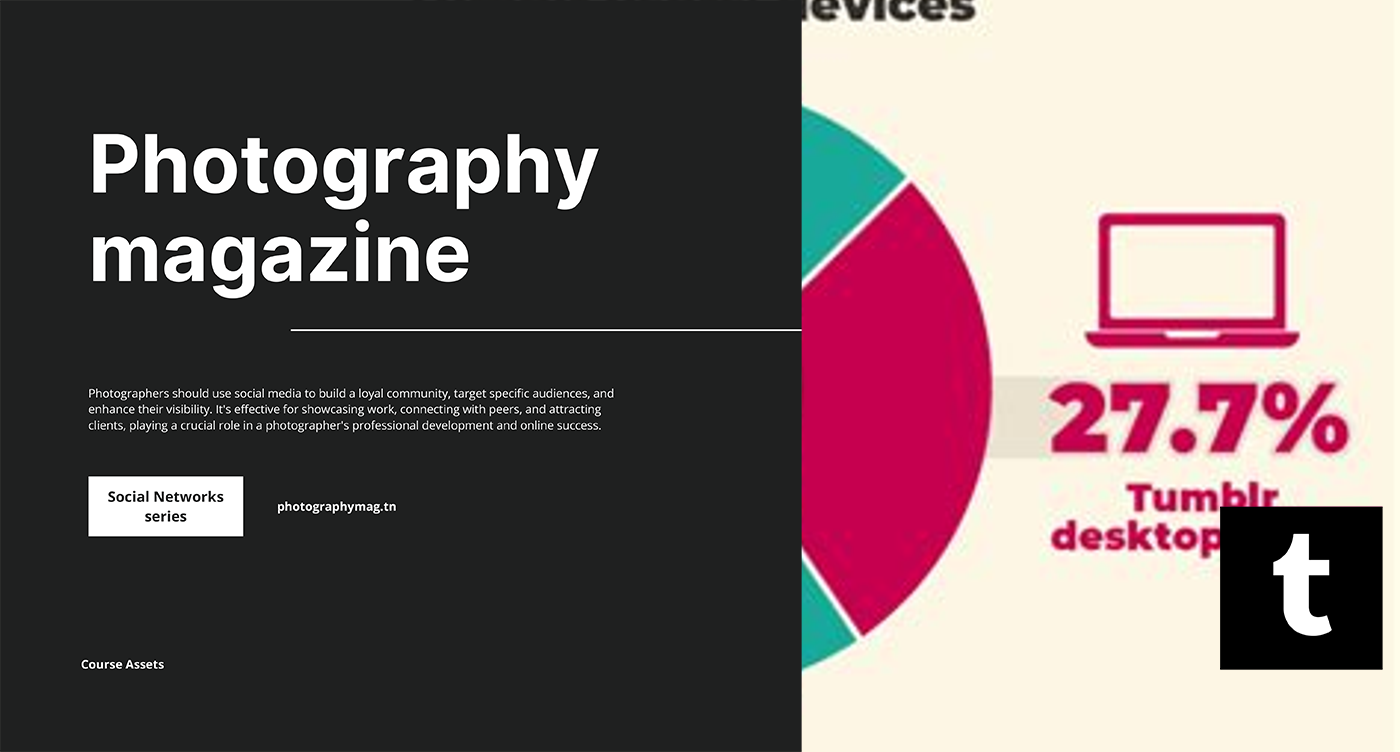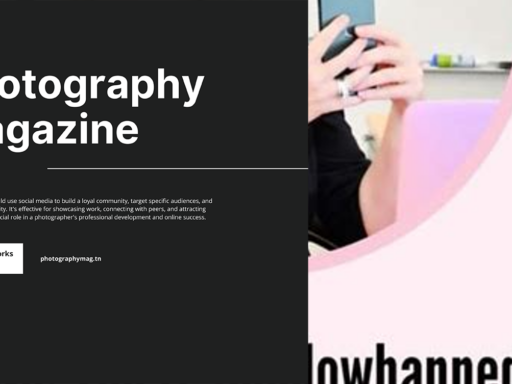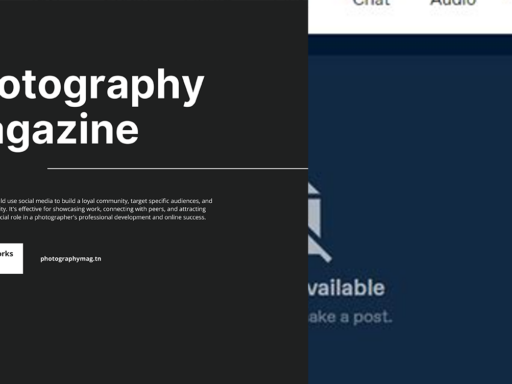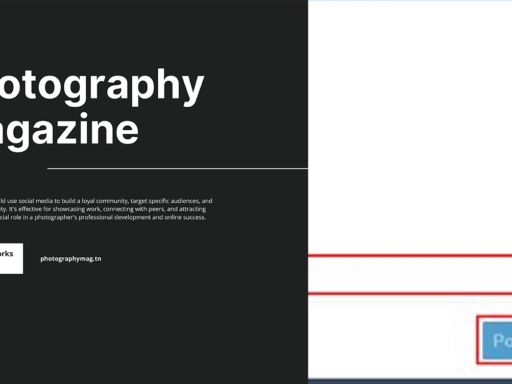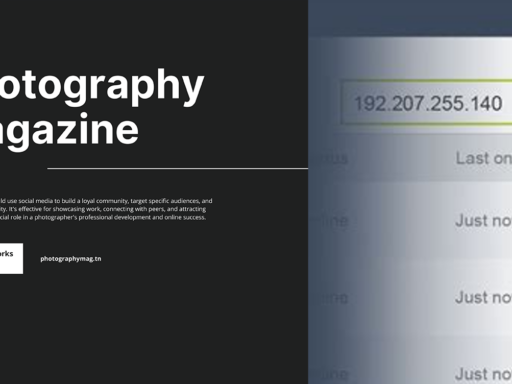When Did People Use Tumblr? A Deep Dive into the Digital Wonderland
Ah, Tumblr! That quirky little corner of the Internet where cats, memes, and art collide in an explosion of creativity and chaos. But when did people really start using this enigmatic platform? Buckle up, because we’re about to take a stroll down memory lane!
Birth of a Legend: The Formation of Tumblr
Let’s rewind to February of 2007. Picture New York City, bustling with energy, and enter the vision of a young tech whiz named David Karp. He had a crazy dream—a place where sharing quick bursts of content could feel as easy as breathing. And just like that, Tumblr was born!
Launched to the eager Internet masses, Tumblr promised to be a blogging haven where you could share everything from a deep philosophical quote to a picture of your lunch. Fun fact: while Facebook was still figuring out how to open its doors to the secular world (hello, 2004!), and Twitter was still searching for its identity (that was 2006, if you need a timestamp), Tumblr was strutting onto the scene with flair, ready to redefine the social media landscape.
A Multimedia Paradise: The Very Essence of Tumblr
What set Tumblr apart from the likes of Facebook and Twitter? The answer lies in its multimedia embrace. While Facebook was all about connecting with friends and Twitter was churning out short, snappy messages, Tumblr was a colorful melting pot. You could post text, images, GIFs, videos, and even audio. This multimedia approach ushered in an era of “let’s get creative!” that appealed to a whole generation of users looking for more than just monotone status updates.
Connecting Through Communities: The Rise of Fandoms
As with any phenomenon, the real magic of Tumblr came from its users! People flocked to this platform to join various fandoms—a.k.a, groups of passionate fans of anything from TV shows to indie bands. From the depths of “Sherlock” fan theories to the wild world of “Supernatural,” Tumblr became a digital playground for fandoms. Share your love for your favorite band? Check! Debate over your favorite character? Double check!
Ever heard of the term “reblog”? This nifty feature allowed users to curate their own personal blogs, filled with an array of visual and written content they adored. It’s like creating your very own magazine, but instead of spending hours on layout, it only took a few clicks! And because everyone was doing it, their content spread like wildfire. *Tips hat to the viral nature of the Internet.*
The Golden Age: 2010–2014
Ah, the golden years of Tumblr! From around 2010 to 2014, the platform really took off. It was the time of “Tumblr famous” users, who accumulated thousands of followers just for being unapologetically themselves. These internet luminaries would create guides, share aesthetic posts, and inspire trends that echoed through the very fibers of the web. If you wanted to be anyone on the Internet, you had to have a quirky and perfectly crafted Tumblr account.
“I don’t always post, but when I do, I make sure it’s with the quirkiest GIFs!” – Probably every Tumblr user ever.
A Shift in Direction: The New Age of Social Media
But as all good things do, the golden era of Tumblr began to transition around 2015. The rise of platforms like Instagram and Snapchat introduced a new kind of social media—a tale told through perfectly filtered photographs instead of the chaos of text and memes. Let’s face it, video content started to reign supreme, leaving scrolling through cute animal photos and lengthy posts like an old-school car in a Tesla world.
Tumblr’s Identity Crisis: The Post-2015 Struggle
After the meteoric rise, Tumblr began its slow descent into an identity crisis. Ad placement and algorithm changes took the platform into murky waters. With the advent of the 2016 elections and a wave of harassment problems, Tumblr found itself grappling with the weight of its own community. In 2018, the *infamous* porn ban shifted the platform’s user demographic even more. Some said it was a *nail in the coffin*, while others felt it was merely the beginning of something new.
Fans flocked away, either looking for greener pastures—or perhaps just outside of the bans and restrictions. It felt less like a lively coffee shop and more like a study hall where all the fun went to die. The artists, meme-makers, and creators scurried off to where they felt appreciated again.
The Revival: Today’s Tumblr Landscape
Now, fast forward to 2020 and beyond! With nostalgia boiling to a high point and social media seeking authenticity more than ever, Tumblr started to creep back into the conversation. The Internet is a fickle beast! People realized that nothing could quite replicate the wild and chaotic sense of community Tumblr offered. You could shout into the void (or your followers’ feeds) and feel heard, and memes never really went out of style, did they?
So, while it may not be the *coolest kid in the social media class* anymore, it still retains an undeniable charm and a special, niche audience. Today, artists share their portfolios, writers upload snippets of their works in progress, and people continue to vent their thoughts and share their quirky collections of finds from around the web.
The Bottom Line: When DID People Use Tumblr?
In essence, Tumblr captured the hearts and minds of users from 2007 to 2015, with its peak flourishing in those early golden years. But not to fear! Even if we’re no longer stalking our favorite fandoms or obsessively reblogging every meme we see in our feeds, Tumblr continues to thrive. It might not be the noise machine it once was, but it remains an essential part of our Internet DNA!
So, What’s Next for Tumblr?
One thing is for sure: Tumblr will always be a space for quirky expression. The platform jesters, artistically conquering the digital void! It thrives on nostalgia and creativity—even the kind of creativity that mixes cringe and brilliance in ways only the Internet can understand. Whatever happens next, who knows? Will it rise to the coveted status it once held, or maintain its quirky charm as a sanctuary of creative chaos?
In the end, it doesn’t really matter when people used Tumblr; what counts is how this incredible platform has shaped the digital world into what we know today. Thanks, Tumblr! You’ll always be that lovable, slightly awkward friend reminding us about the strange, beautiful art of the Internet.
